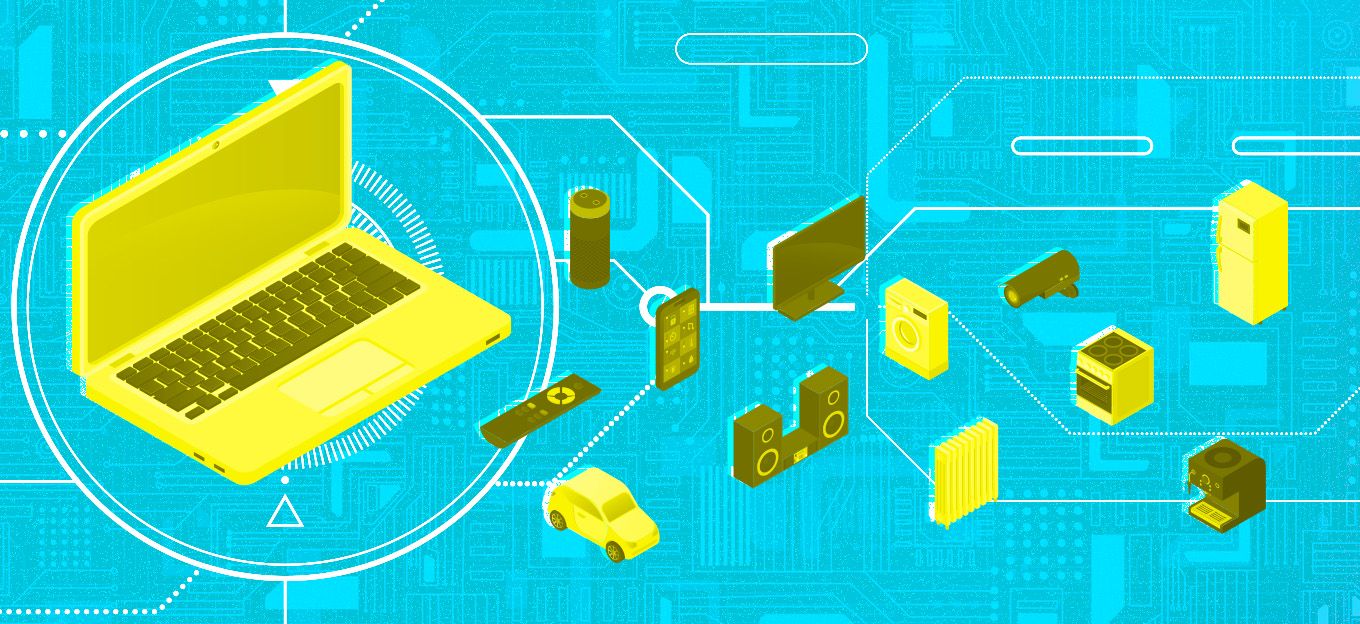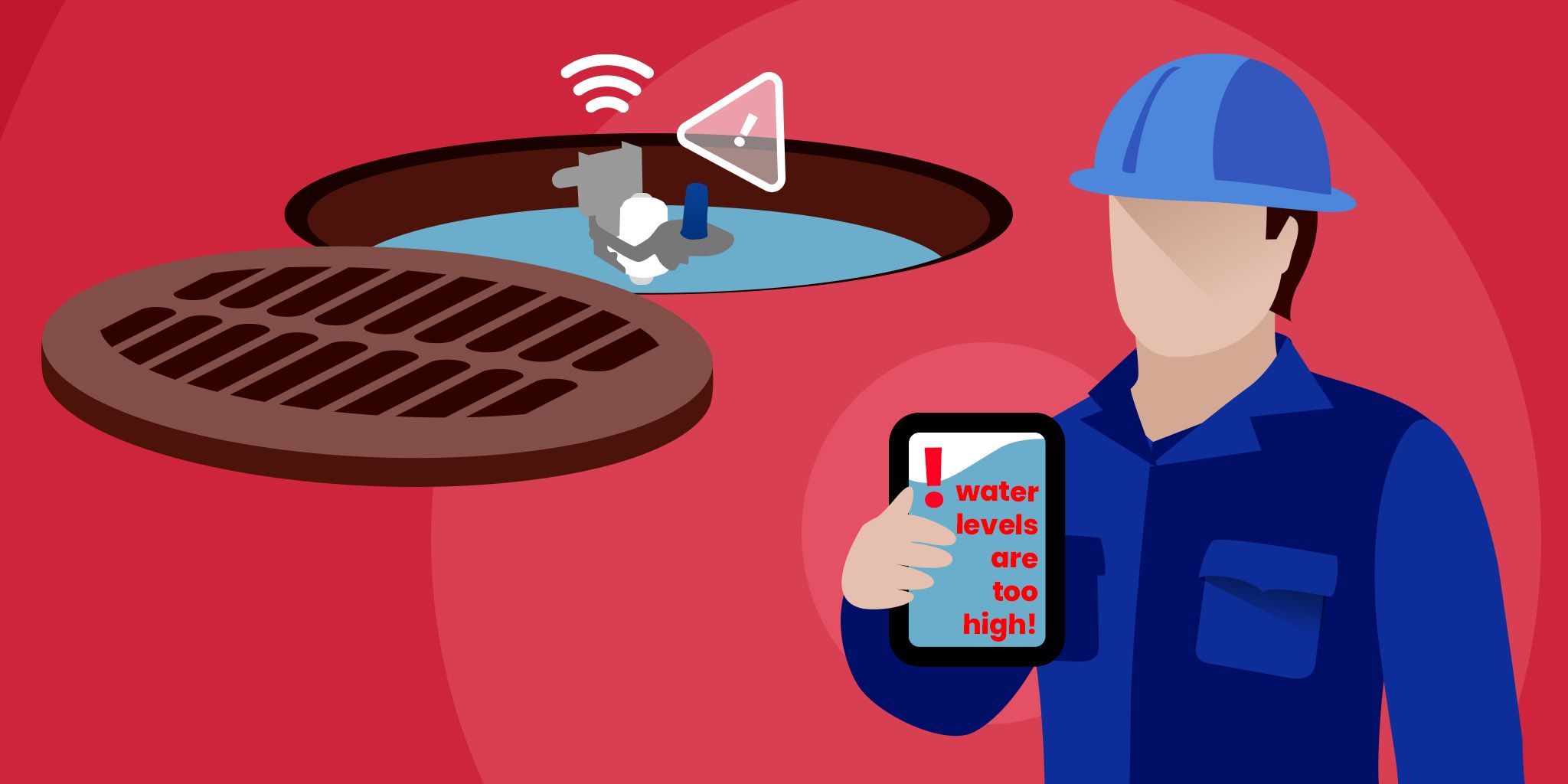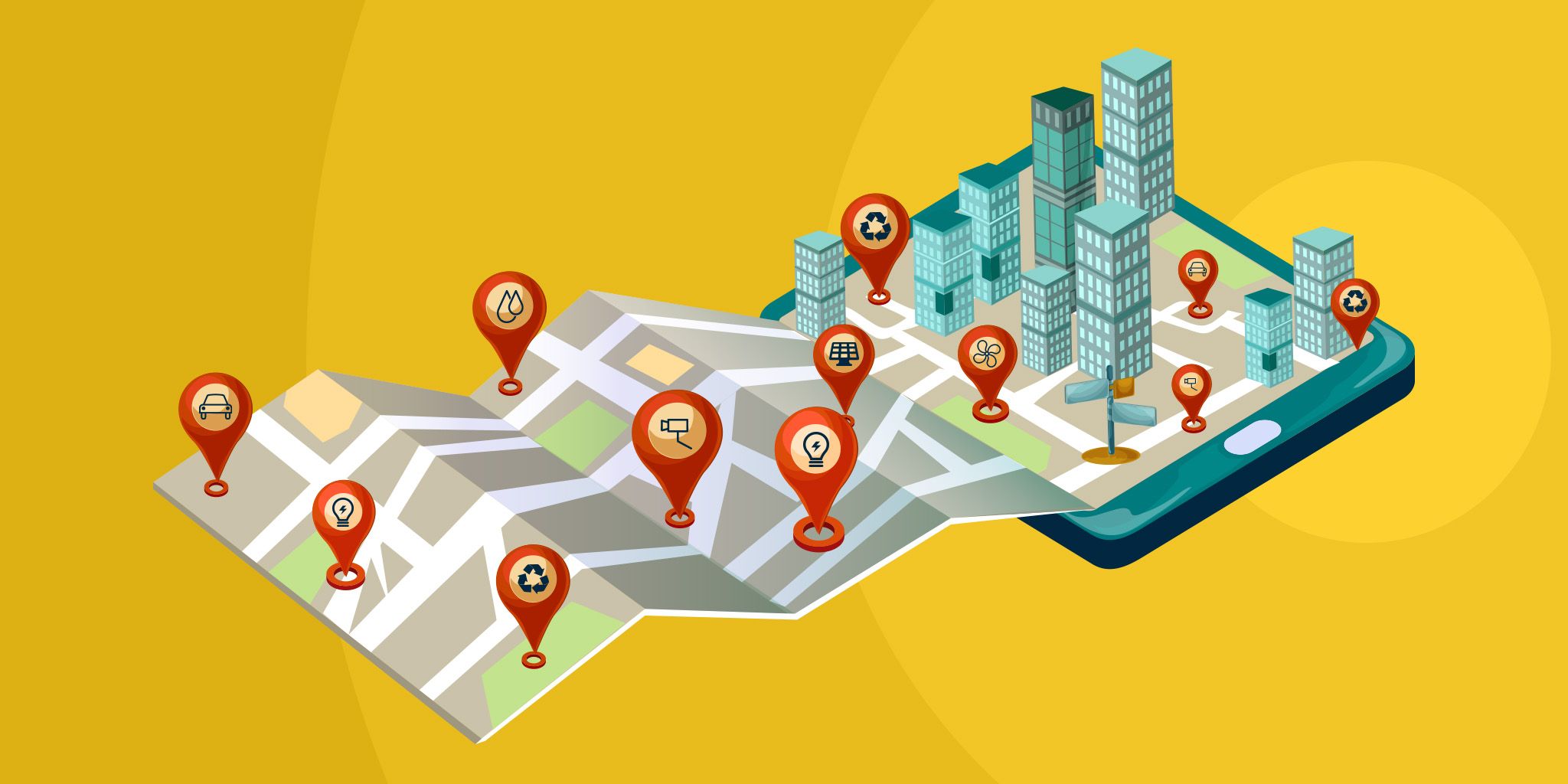Remote Customer Support: What Are the Benefits?
Remote Customer Support: What Are the Benefits?
- Last Updated: December 2, 2024
Cygnus
- Last Updated: December 2, 2024



According to Business Insider, there will be 41 billion IoT devices by 2027. IoT has significantly impacted customer service in recent years. Increased connectivity and digital devices lead to higher customer expectations, enhancing demand for companies to meet these expectations with the proper support technology. Meeting the challenges is key to ensuring a positive customer journey, and companies using remote support have many advantages over traditional customer service teams that use outdated support technology. Remote support solutions continuously improve customer experience and empower support agents and technicians to resolve issues with quick and effective solutions.
'Meeting the challenges is key to ensuring a positive customer journey, and companies using remote support have many advantages over traditional customer service teams that use outdated support technology.' -Cygnus
6 Benefits of Remote Support
Let's look at some benefits of remote support that can lead to a superior customer experience.
#1: Cost-Efficiency
A Gartner survey of business leaders found that investing in new and existing customer-facing channels and leveraging remote support are top priorities for 2022. These are essential aspects of customer service strategy, customer engagement, and business growth. Customer support agents and technicians can connect to devices to reduce downtime and streamline customer interactions. Using remote support drives higher ROI, decreases overhead, reduces downtime, facilitates interactions between support and customers, and helps to route calls to the relevant support person.
#2: Profit Center
Most companies feel their support center is costing them money. Remote support reduces expensive truck rolls, lowers phone call duration, and leads to fewer costly product returns. All these advantages can turn your support center into a profit center. Businesses can use these profits to invest in technology that makes the support team more productive and gives the customer a better experience.
#3: Seamless Support Staff
Remote support solutions reduce call volume and give agents more time to resolve complex customer issues. Technicians no longer need to be onsite, reducing the need for truck rolls. A technician can diagnose the case, order replacement parts, and shorten the time it takes onsite to fix the problem. It's critical to understand pain points in every possible scenario in the customer journey to clear the way to an efficient, intuitive, and successful customer experience.
#4: Simplified Interactions
Remote support simplifies interactions and reduces customer stress. It provides multiple touchpoints with the customer, breaking the mold of traditional customer service methods and enabling customers to have a better experience. The days of sitting around waiting for the technician to show up can be easily remedied by using remote support. The technician will arrive with the correct part and be able to resolve the problem promptly.
#5: Empower Support Teams
The growth of advanced solutions and remote support continuously improves customer experience and empowers your support team by providing quick and effective resolutions. Your support team will feel they can genuinely help their customers with the first call. Forward-looking businesses prioritize and implement remote support to meet customer demand for effortless, convenient, and fast service.
#6: Access to Experts
With remote support, your technicians and support staff can remotely diagnose issues to customers' devices anywhere in the world. The customer is assured that the technician is not guessing due to insufficient data. The technician can quickly diagnose the issue using the data before them. Having an expert with relevant information on customer issues makes an all-around better support experience.
Adapting to Changing Expectations
Customer service strategy needs to adapt to today's changing customer expectations and requires a shift to building better support solutions for customer interactions. Implementing the right remote support solution and technology reduces costs. It streamlines operational efficiencies, empowers support teams and technicians, and improves your bottom line, allowing your company to stand at the forefront of technology and exceed customer expectations.
The Most Comprehensive IoT Newsletter for Enterprises
Showcasing the highest-quality content, resources, news, and insights from the world of the Internet of Things. Subscribe to remain informed and up-to-date.
New Podcast Episode

IoT in 2026: Trends and Predictions
Related Articles





